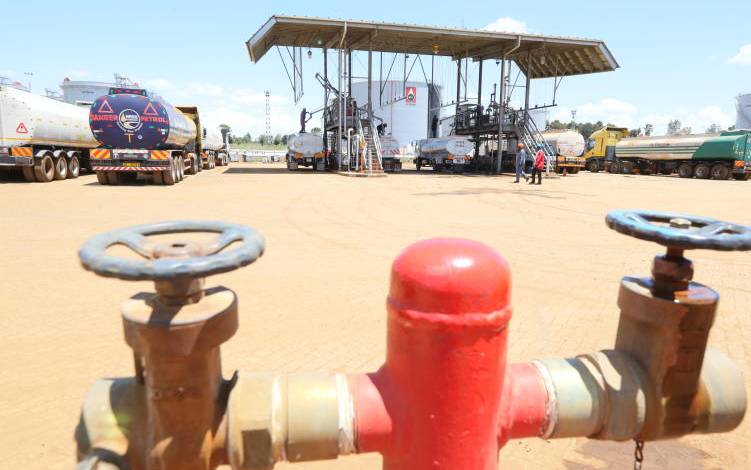By MACHARIA KAMAU

The Kenya Defence Forces (KDF) has demanded the redesign of the Lamu Port-South Sudan-Ethiopia-Transport (Lapsett) for encroaching on its lands.
The designated lands are in Garissa County. This has resulted in a review of the route that the crude oil pipeline from Turkana County to Lamu will take.
Tullow Oil, together with its partners in the project and the Government, has submitted a new plan, realigning the pipeline to move away from the KDF land.
The crude oil pipeline is among the key investments that are expected to breathe life into the Lapsset corridor.
This is, however, a minor setback for the giant Lamu Port South Sudan Ethiopia (Lappset) transport corridor that is expected to open up the northern half of Kenya, starting in Lamu and running all the way to the border with South Sudan at Nakodok. Another artery branches to Moyale from Garissa.
n a document reviewing an Environmental and Social Impact Assessment (ESIA) filed late last year, Tullow and its partners noted that the revision of the pipeline route followed a meeting between KDF and the Lapsset Corridor Development Authority (LCDA), which agreed to relocated its corridor.
“The pipeline route realignment in Garissa county deviates from the original line… the new pipeline alignment moves approximately three kilometres to the North of the original route and results in the shortening of the overall pipeline length by approximately one kilometre,” reads the addendum to the crude oil pipeline ESIA.
ESF consultants had filed the ESIA with the National Environmental Management Authority in November last year on behalf of Tullow, its Partners Total and Africa Oil and the Government.
“In a meeting held between the Kenya Defence Forces and the Lapsset Corridor Development Authority, KDF advised that the gazetted Lappset corridor crossed through a designated military area in Modikare, Garissa County.
Following the discussion, LCDA realigned the Lapsset corridor to avoid the military area.”
The crude oil pipeline will be one of the largest cost centres as Project Oil Kenya moves to the its commercial development phase.
It is expected to cost Sh100 billion with the joint venture partners as well as government expected to contribute resources including cash for building the pipeline.
The project faces major delays, in addition to the perennial challenges that the partners have faced and forced them to push forward the deadline for the Final Investment Decision to later this year.
The companies recently served the government with force majeure notice, which means they may not be able to deliver on their contractual obligations owing to the coronavirus pandemic.
This might see a further delay in the project getting to its commercial phase and pushing further into the future when the country can start earning from the oil in Lokichar.
Source: The Standard


